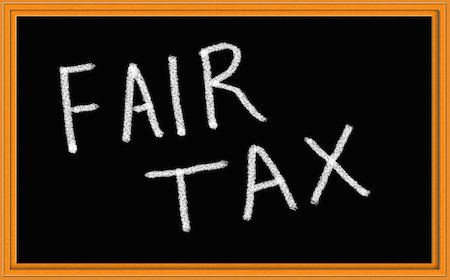What’s The Future of Pre-Tax Health Insurance Deductions?
February 17, 2015
Every year workers save thousands of dollars by participating in workplace pre-tax employee benefit plans. Most of these workers know they are saving money by participating in these plans because someone told them so. However, many do not know why or how much they are saving. But if these benefits vanished, the effect would be immediate and painful.
If this all sounds confusing, that’s because it is confusing. For decades, workers who participate in employer-sponsored cafeteria plans enjoy tax savings that non-participants do not. But that may be changing. The passage of Obamacare, along with several White House tax-reform proposals, and tax recommendations by politicians and thinkers from all political parties is threatening to change this confusing and unequal system.
Employer-Based Cafeteria Plans
Cafeteria Plans are difficult to explain and even more to understand. They are also known as Section 125 plans because they are part of and subject to provisions of Section 125 of the Internal Revenue Code. As part of the tax code, they have specific features that allow employees who purchase benefits under the plan to reduce their gross income and, therefore, the amount of taxes they pay.
Cafeteria plans may include a suite of underlying employee benefits such as medical, dental, vision and group term life insurance, and flexible spending accounts.
A cafeteria plan arrangement is a complicated way of incenting employers to offer workplace health and welfare benefits and for employees to participate in them. However, now that Americans have different options for purchasing insurance and given the fact that millions do not have access to these workplace-only benefits, proponents of employee benefit tax reform are looking to change the system.
Times Are Changing
Obamacare did not address the unequal tax treatment of health insurance in the workplace versus the individual market, however, several Obamacare “alternatives” drafted by conservatives do. If taken seriously, it is not out of the realm of possibility that the workplace system of pre-tax health insurance benefits will become a tax credit or tax deduction for everyone who purchases health insurance. Also, the tax credit or tax deduction may be less generous than the current workplace pre-tax deduction system.
In addition to calls to equalize the tax treatment of health insurance purchases, the President’s latest tax reform proposals as outlined in his latest State of the Union address, may mean the end of workplace dependent care flexible spending accounts (DCFSAs). The White House is proposing a childcare tax credit for the middle class. This credit benefits more families than the current DCFSA, is more generous, and much less complicated.
For now there is no talk of eliminating the health care flexible spending account (HCFSA) or health savings account (HSA). In fact, many Obamacare opponents want to expand and even partially fund health HSAs for all citizens. (This is not surprising given the continued belief by many that workers need more skin in the game to better appreciate and use more wisely their medical insurance, and HSAs do that in a big way.)
Conclusion
The tax-treatment of health insurance benefits is confusing to nearly everyone. They are also unfair in that they are not available to everyone. Only workers whose employers provide these types of benefits get to save hundreds or thousands of dollars every year. Because of their complexity and unequal treatment, the days of pre-tax benefits may be coming to an end. Maybe.

blog comments powered by Disqus


 Denise Perkins
Denise Perkins




